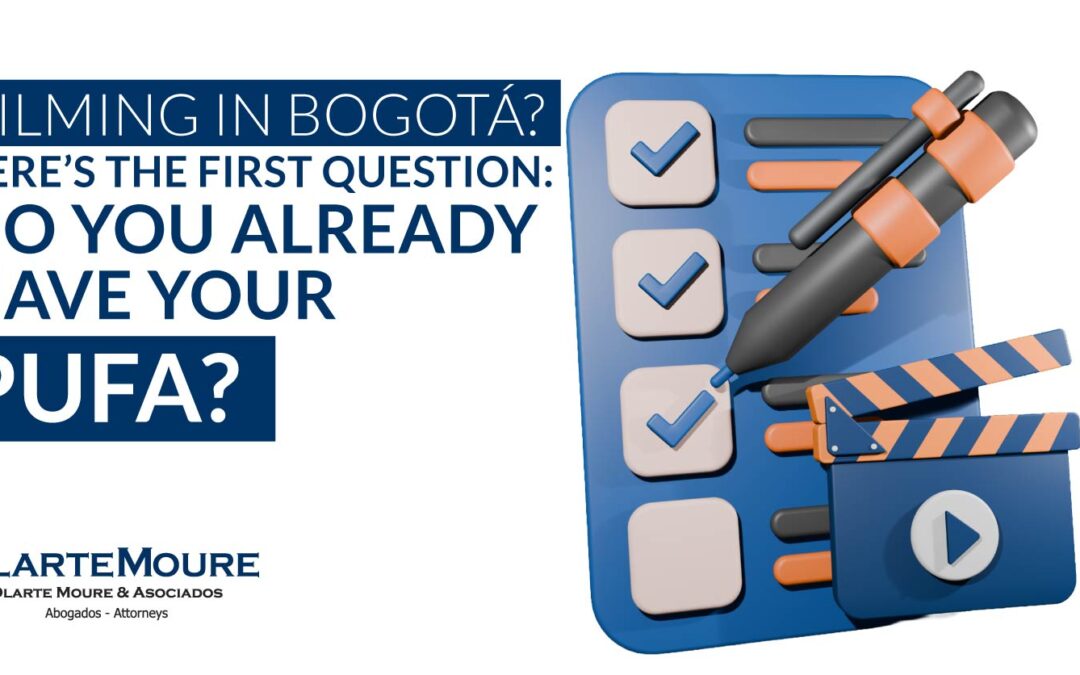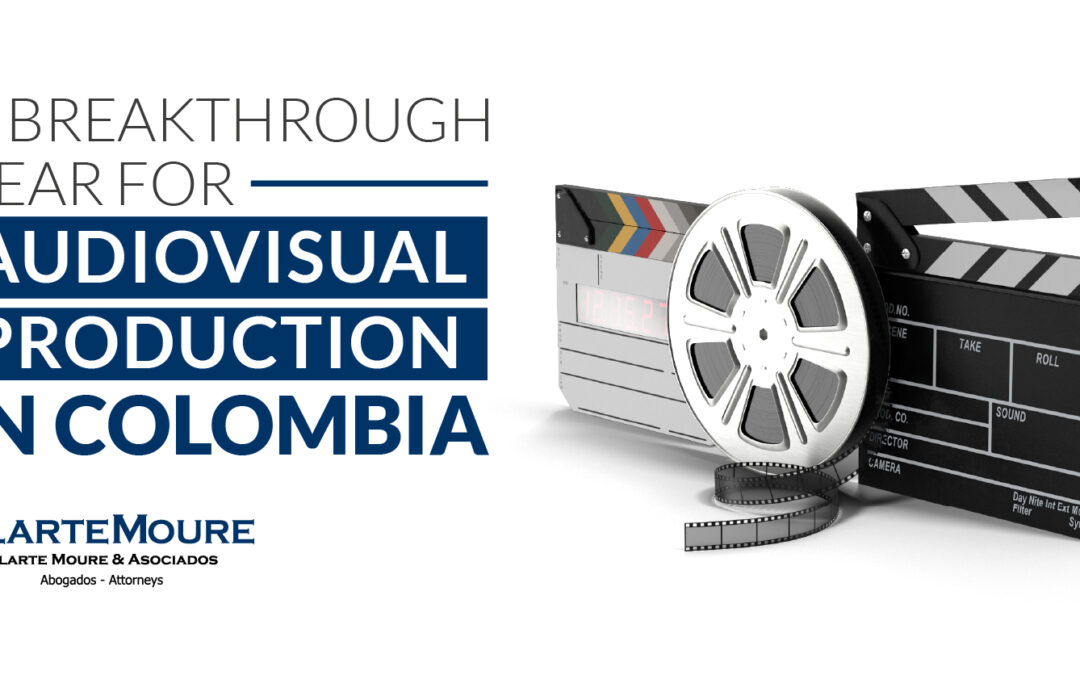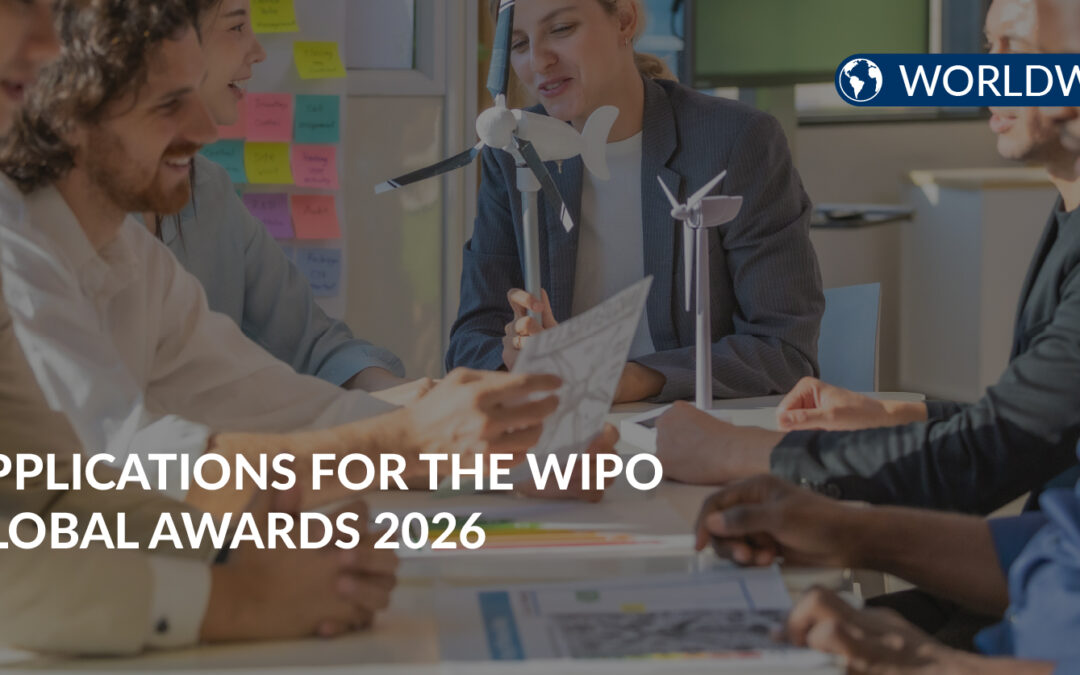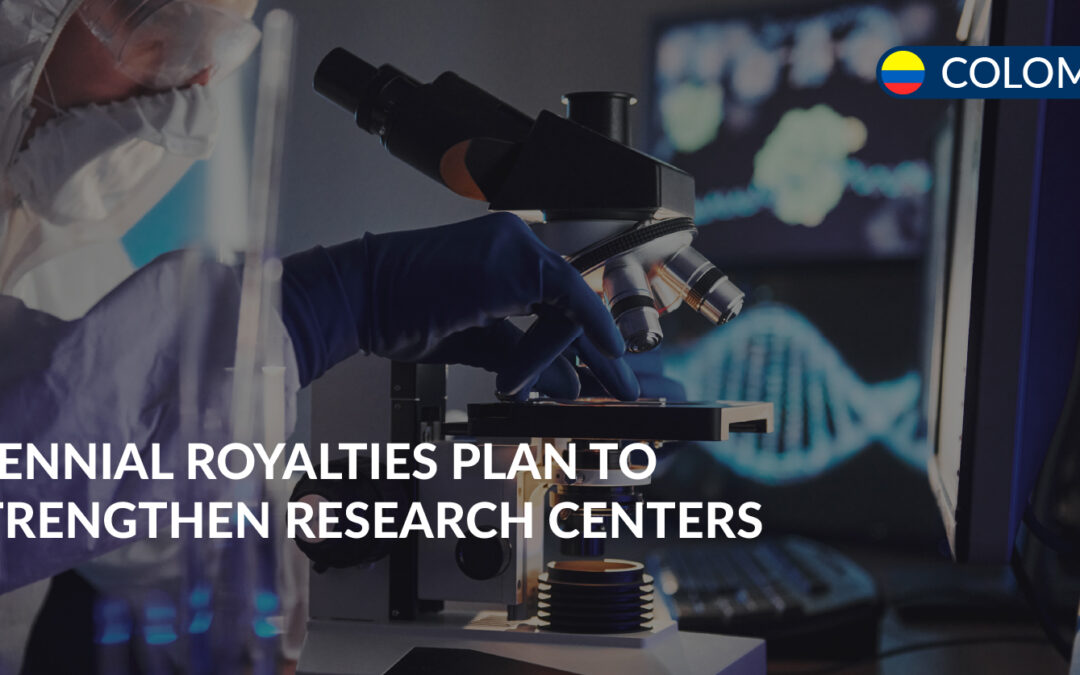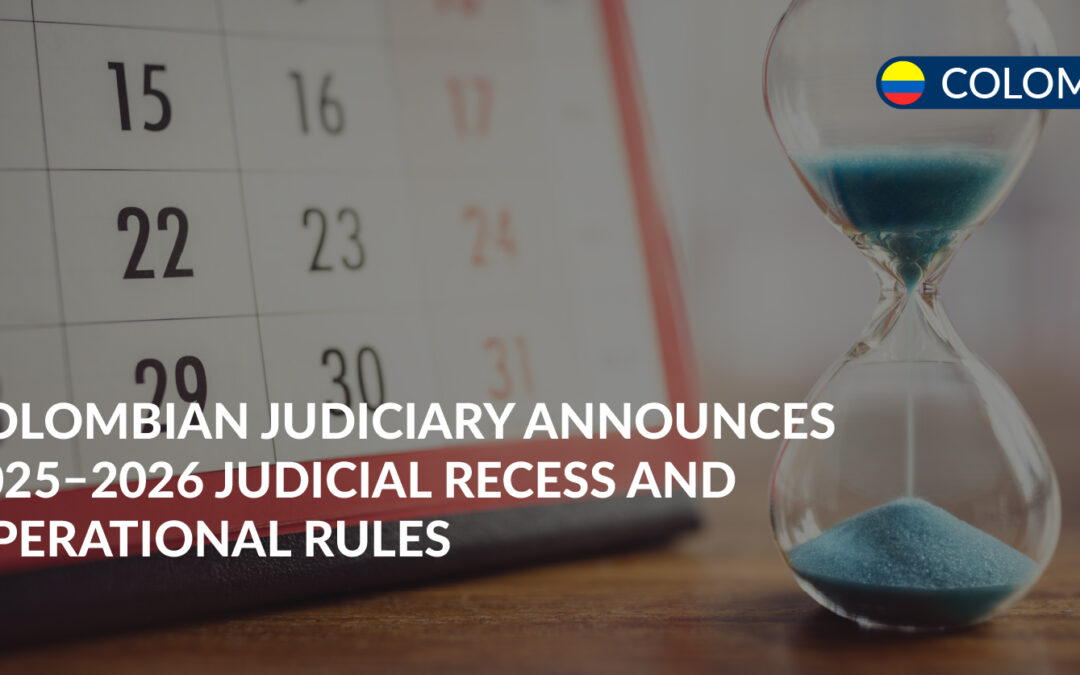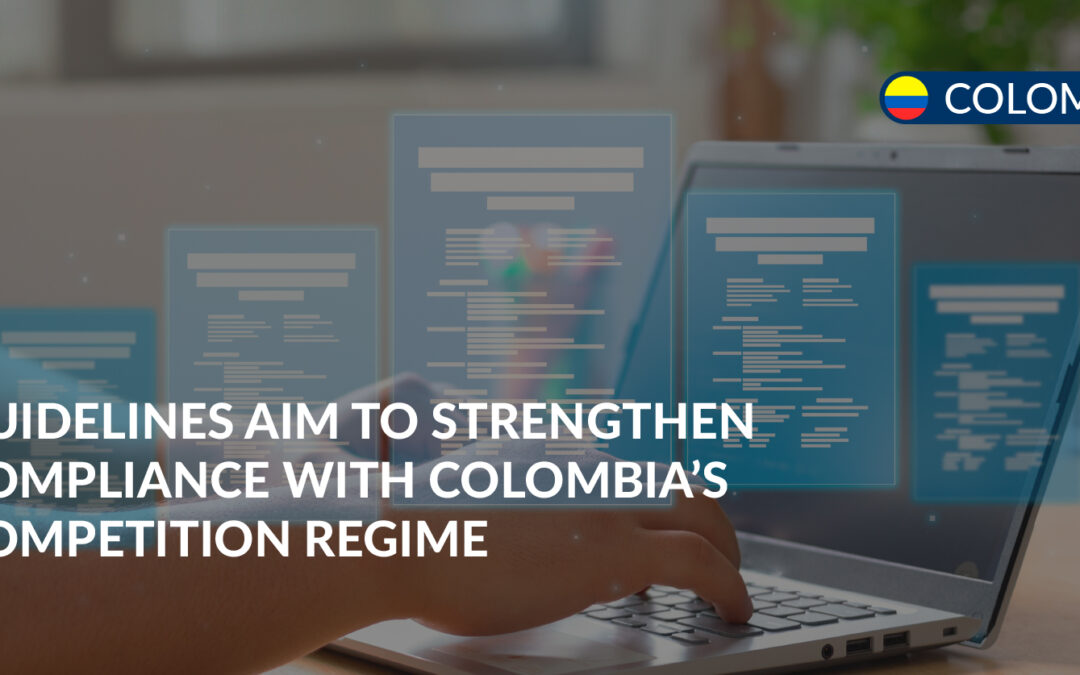At the end of last year, the UK Government published the Consultation on Copyright and Artificial Intelligence, a document proposing intermediary solutions to ongoing conflicts in the increasingly expansive field of generative artificial intelligence training and data mining. These conflicts include issues such as the infringement of copyright due to the large-scale use of protected works in AI training through pattern recognition; the lack of transparency regarding information sources; and the need for fair remuneration for authors whose works are used in such processes.
The implementation of a collective licence is being proposed, an open-use mechanism that would allow artists’ or authors’ associations to receive remuneration funded through a fee paid by AI-owning companies interested in using protected works for training purposes. Through this fee, distributable among all artists who agree to have their works included as potential entries in massive data sets, a new form of rights concession would be created. This aims to ensure fair payment for authors and promote transparency practices from AI service providers to their users and consumers, particularly regarding the sources behind each generated answer.
The development of this collective license would be led primarily by three organizations: the Copyright Licensing Agency (CLA), the Authors’ Licensing and Collecting Society (ALCS), and the Publishers’ Licensing Services (PLS).
Although the creative sector has shown majority support for the collective licensing initiative, the inclusion of the opt-out system remains controversial. This mechanism constitutes an exception to copyright law, implying implicit consent by the author or their heirs for their works to be used in AI training, unless they explicitly request exclusion. This system has faced strong criticism from collectives of artists, writers, screenwriters, and defenders of moral and economic authors’ rights, who argue that it places an additional burden on creators.
Moreover, this approach contradicts a fundamental principle of intellectual property: that every work is protected by copyright from the moment of its creation, and any expression of objection to reproduction exists for purposes of enforcement but is neither a constitutive nor essential requirement for protection.
For this reason, the Consultation on Copyright and Artificial Intelligence proposes that by mid-2025 negotiations would be conducted between representatives of the creative industries and the technology sector in order to reach agreements that enable the issuance of legal instruments that regulate and protect the interests of all parties involved in this scenario.



